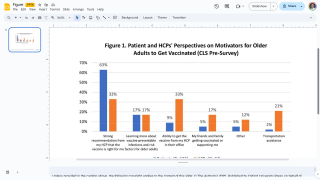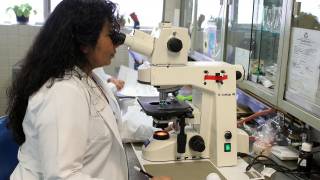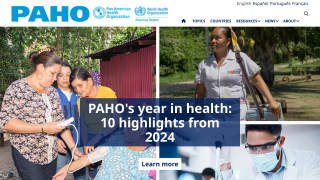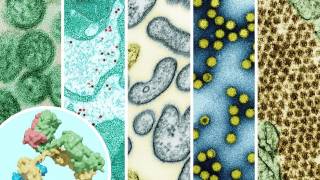Europe's Vaccine Development Pipeline Tackles Today and Tomorrow's Challenges
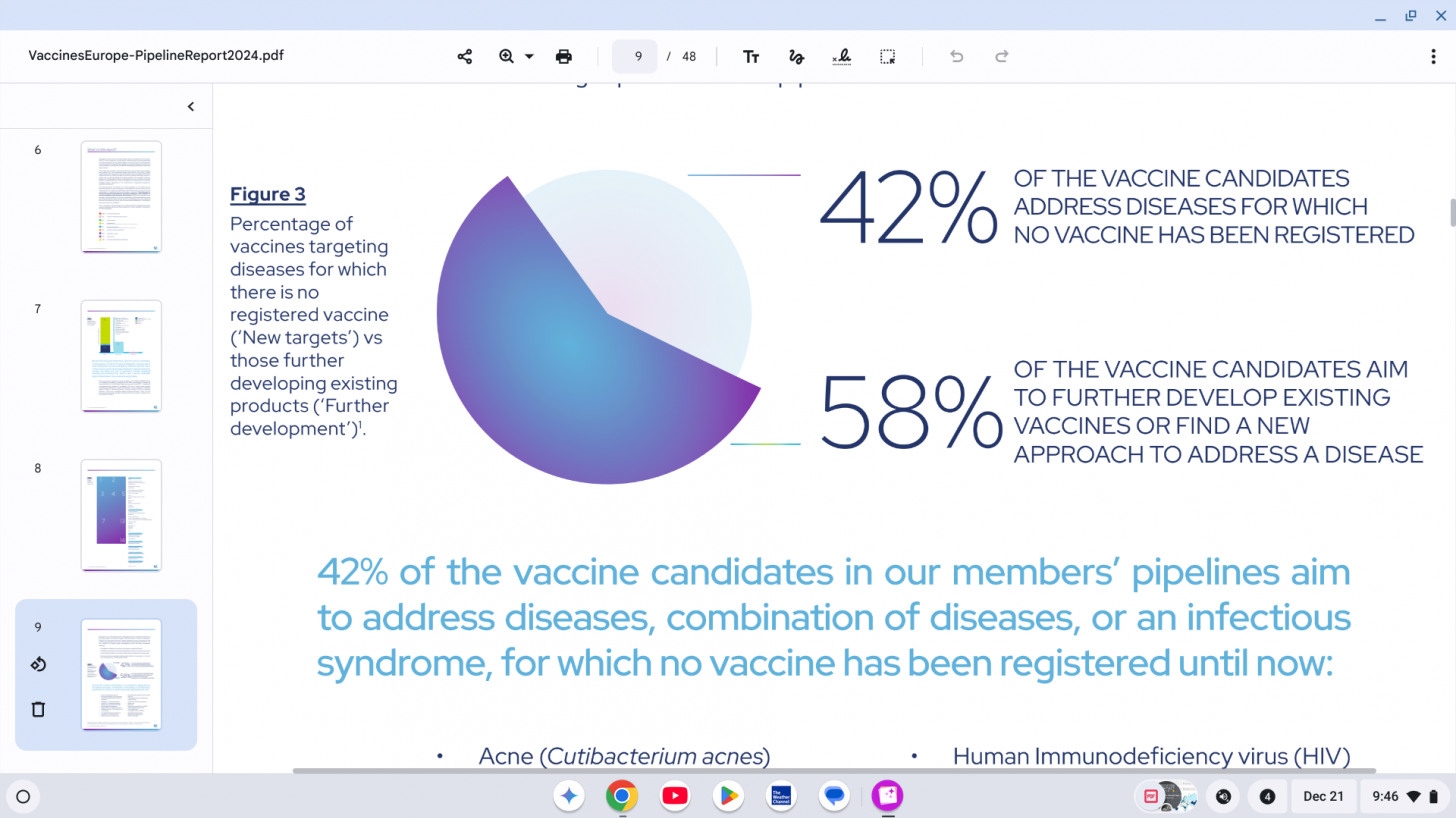
Vaccines Europe recently conducted a pipeline review of its member companies, revealing numerous vaccine innovations in development, including candidates that will protect international travelers.
In today's interconnected world, international travel increases the risk of spreading infectious diseases. According to an analysis, between 42% and 79% of travelers to low—and middle-income countries become ill with a travel-associated disease.
Over the past 20 years in Europe, mosquito-transmitted arboviruses Dengue, Chikungunya, Zika, and yellow fever have been on an upward trend in causing diseases. In 2024, Dengue and Chikungunya cases were identified in new European areas.
A new review, published in December 2024, shows a promising vaccine candidate pipeline that plans on tackling today's and tomorrow's challenges, including those that will protect international travelers.
According to Vaccines Europe, member companies across 12 different technology platforms have 98 vaccines in development, 80% of these vaccine candidates for adults.
As an introduction for this review, Sibilia Quilici, MBA, MSc, Executive Director of Vaccines Europe, wrote, The vaccine industry continues to evolve in response to the dynamic global health landscape, with innovation at its core.
From pioneering new vaccine technologies to expanding the scope of immunization strategies, the current pipeline reflects a commitment to saving as many lives as possible from dangerous infectious diseases. These advancements are not just about responding to immediate health threats but are also vital for sustaining the EU's long-term economic stability and competitiveness on the global stage.
Central to this vision is the concept of life-course immunization.
By protecting health at every stage of life, from infancy through adulthood to older age, populations can remain healthy, productive, and less susceptible to preventable diseases.
Lifecourse immunization is not only a public health priority but an economic necessity. Preventing disease across all age groups can reduce healthcare costs, maintain workforce productivity, and ensure a healthier, more resilient society. Vaccination targets the root causes of antimicrobial resistance (AMR) by reducing antimicrobial use and misuse.
According to a report by the World Health Organization, increasing the coverage of existing vaccines could prevent an additional 106,000 deaths linked to AMR annually, and developing new vaccines could save an extra 543,000 lives.
This review highlights the innovative approaches and collaborative efforts shaping the future of European vaccination. It underscores the importance of remaining competitive through cutting-edge research and streamlined and harmonized regulatory and access processes across the EU and its Member States.
Quilici wrote that by championing life-course immunization and fostering an innovative environment, we can ensure that Europe remains at the forefront of global health and economic prosperity.
The unedited, full review is posted at this link.
Our Trust Standards: Medical Advisory Committee



